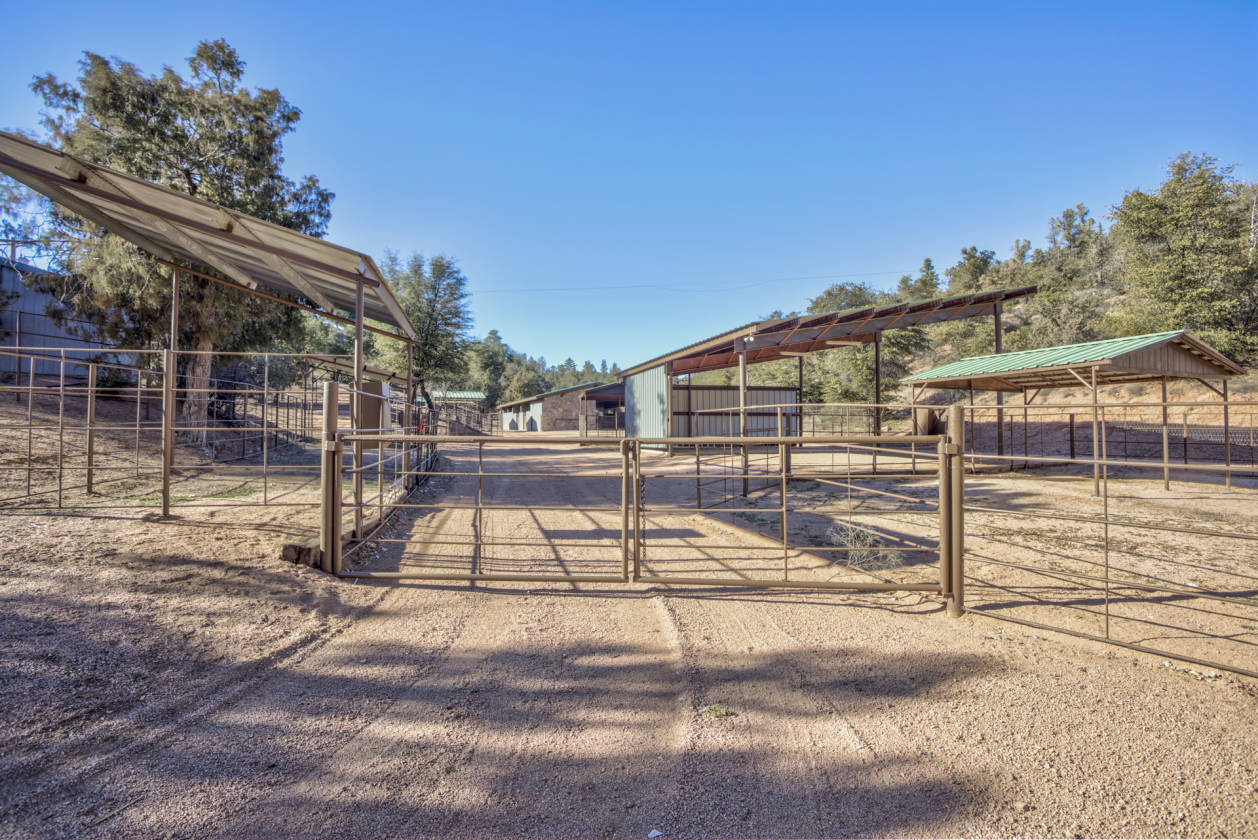Arizona Horse Property For Sale – Economic downturns, for example, can influence the types of businesses that are put up for sale, as struggling companies may look to exit the market. They believe that certain things, like love, loyalty, and friendship, should be above the reach of commerce. In the age of immediacy, it can often feel as though many goods are made with built-in obsolescence, created to be replaced every few years. The second-hand market is not just about saving money; it’s about embracing a more sustainable, mindful way of consuming that values reuse, repurposing, and the stories behind the items we choose to keep. These platforms provide a convenient way for sellers to connect with potential buyers, set their prices, and arrange for shipping or pick-up. On the other hand, buyers may seek to negotiate lower terms based on the findings from their due diligence or their assessment of the business’s future potential. Online platforms also offer the convenience of searching for specific items, whether it’s a rare collector’s item, a particular brand of clothing, or a piece of furniture that fits a specific design style. The world of second-hand shopping has also made quality goods more accessible. Cars, too, are often sold with a sense of transition. Manufacturing new items requires energy, raw materials, and natural resources, all of which contribute to environmental degradation. People are not just looking for things that work well; they want products that elevate their environment and their experiences. The items placed for sale are not merely commodities; they are often vessels of memories, symbols of past achievements, or representations of something bigger than the price tag they carry. One common concern is the risk of purchasing items that are damaged or not as described. For many, purchasing second-hand goods is not only a practical and affordable choice but also an environmentally conscious one. Sometimes, a sale can feel like the closing of one chapter and the opening of another. The object becomes more than just an object – it transforms into a transaction, an exchange of value. Additionally, there is the challenge of integrating the business into their existing operations and ensuring that it continues to thrive under new ownership. Whether it’s a high-end designer handbag, a gently used sofa, or a vintage record player, the price difference between a new and a second-hand item can be significant. Yet, despite this shift, the appeal of quality craftsmanship has not waned. The concept of quality, however, is not a one-size-fits-all.

Horse Property For Sale in Arizona, Horse Ranches & Properties For Sale
Homes on acreagehorse propertiesequestrian estateshorse farms

Pin on Arizona Horse Properties
Homes on acreagehorse propertiesequestrian estateshorse farms

7 Bedroom Horse Property for sale in Gilbert, AZ
Homes on acreagehorse propertiesequestrian estateshorse farms

Private Equestrian Ranch in The White Mountains of Arizona Vernon
Homes on acreagehorse propertiesequestrian estateshorse farms

Horse property for sale with views Tucson, Pima County
Homes on acreagehorse propertiesequestrian estateshorse farms

Chandler AZ Horse Property For Sale
Homes on acreagehorse propertiesequestrian estateshorse farms

Horse Property For Sale in Stanfield Pinal County, Pinal County Arizona
Homes on acreagehorse propertiesequestrian estateshorse farms

Horse Property For Sale in Camp Verde Yavapai, Yavapai County Arizona
Homes on acreagehorse propertiesequestrian estateshorse farms

Great Horse Property in Payson, Arizona Star Valley, Gila County
Homes on acreagehorse propertiesequestrian estateshorse farms

Tour a Dreamy Horse Property for Sale in Arizona STABLE STYLE
Homes on acreagehorse propertiesequestrian estateshorse farms
By purchasing second-hand goods, consumers help keep products circulating in the economy, giving them new life and purpose. It is also important to check the seller’s reputation and read reviews or feedback from previous buyers. In this digital age, it often feels like there’s no such thing as privacy anymore, and that’s because we’ve essentially agreed to sell pieces of ourselves in exchange for recognition, affirmation, or even money. Many second-hand clothing stores and online platforms specialize in curating high-quality, gently used apparel, making it easy for consumers to find fashionable items that align with their tastes. In this world, emotions can feel like products, available to be consumed at will and disposed of when they no longer serve a purpose. It carries with it a deep sense of commodification — the idea that every part of our lives, every piece of our history, every corner of our existence, has a price attached to it. Both buyers and sellers should approach transactions with honesty and transparency to ensure a smooth exchange. For instance, when someone is job hunting, it can feel like they’re placing themselves on the market, waiting for the right offer. In fact, there’s been a resurgence of interest in artisanal, locally-made products, especially in industries like fashion, home decor, and food. This connection between consumers and the creators of quality goods is something that’s been fostered for centuries. When an item is marked as “for sale,” it enters a space where value is defined not only by the object itself but by the context in which it’s placed. In conclusion, second-hand goods for sale represent more than just a financial transaction; they embody a shift toward sustainability, individuality, and social responsibility. A piece of furniture, for instance, may hold sentimental value simply because it’s been in the family for generations. Everything for sale. Vintage items, antiques, and pre-loved goods often carry stories and histories that new products simply cannot replicate. With the rise of e-commerce, the accessibility of quality goods for sale has expanded exponentially. The world of second-hand goods for sale is vast and varied, encompassing everything from clothing, electronics, and furniture, to books, antiques, and collectibles. This sense of history and individuality is part of what makes second-hand shopping so appealing. Quality goods for sale are not just limited to luxury items or high-end brands. Quality products often come with warranties and customer service support, offering peace of mind to consumers who are investing in something that will serve them well over time.
In the end, the phrase “for sale” is about more than just the exchange of money for goods or services. Whether it's old furniture that no longer fits with their style, clothing that no longer fits, or electronics they no longer use, selling second-hand items allows individuals to recoup some of the money they spent on these goods. The idea of buying things that were once owned by someone else is no longer considered taboo or lesser; rather, it has become a lifestyle choice for those who want to make smarter, more ethical purchasing decisions. When an item is marked as “for sale,” it enters a space where value is defined not only by the object itself but by the context in which it’s placed. The buying and selling of companies, brands, and even entire industries can reshape economies, alter job markets, and redefine how goods and services are delivered. Yet, at the same time, there’s the promise of new beginnings for both the seller and the buyer. However, buying a business is not a decision to be taken lightly. The marketplace, for all its flaws, has brought about great innovations. With the rise of online platforms and a growing cultural shift toward sustainability, the second-hand market continues to thrive, providing consumers with more options and opportunities than ever before. It forces us to ask difficult questions about ownership, worth, and the limits of human desire. Similarly, in relationships, individuals may feel as though they are selling themselves, presenting their best qualities and hoping for the best outcome. This can manifest in the context of career, relationships, or personal goals. For environmentally conscious consumers, buying second-hand is not just a cost-effective choice, but a way to make a positive contribution to the planet. They are intended to last for a limited amount of time, after which they become outdated, broken, or no longer functional. When we begin to view everything through the lens of commerce, it’s easy to lose sight of the things that make life worth living — the moments that aren’t for sale, the experiences that can’t be bought. In some cases, it’s not just objects that are for sale, but entire industries or institutions. In conclusion, quality goods for sale represent the best that craftsmanship, design, and functionality have to offer. People place their belongings for sale for many reasons. Whether it’s a handmade leather bag, a vintage watch, or a luxury car, the term “quality” brings with it an expectation — an assurance that the item in question has been crafted with care, attention to detail, and materials that can stand the test of time. The market for second-hand goods is also influenced by societal trends and economic conditions.